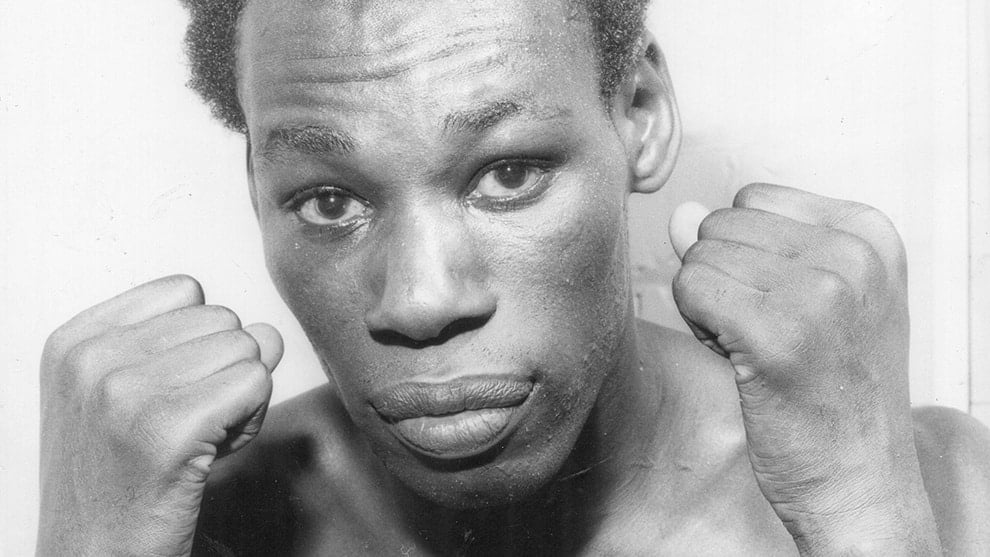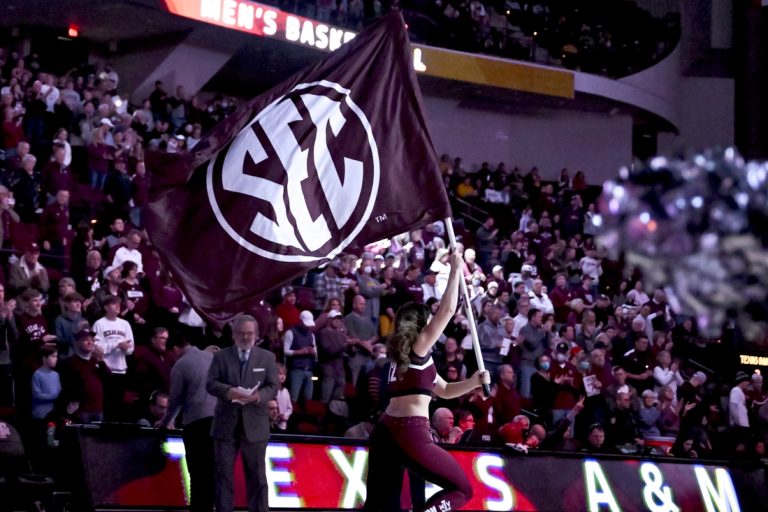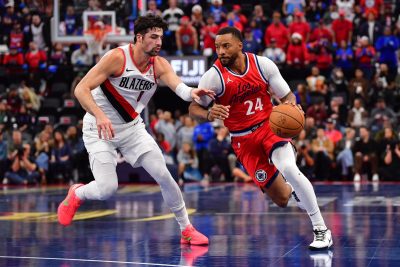By Miles Templeton
BUNNY STERLING of St Pancras will always be remembered as the first black fighter, who was not born in the UK, to win the British title. He was the first to benefit from rule changes introduced by the Board in 1968 and he beat one of the golden boys of British boxing to win his title.
Mark Rowe had a very successful amateur career, culminating in his gold medal win at the 1966 Commonwealth Games held at Perth, Australia. Representing England, Rowe outpointed the Scotsman, Tom Imrie, to win light-middleweight gold and this was sweet revenge for the Londoner, having been knocked out by Imrie in the ABA final at the same weight just over three months earlier. When Rowe turned over two months later, he did so in a blaze of publicity at the Royal Albert Hall.
Meanwhile, Bunny had made his professional debut in the less austere setting of Shoreditch Town Hall. In losing out on points over six rounds to Joe Devitt of Islington BN stated that Sterling “was willing, showed a punch or two and was always fighting back. Given a chance to learn his business, the St Pancras lad could do well”.
Sterling had arrived in the UK aged seven from Jamaica in 1955 and he was schooled at the Fortescue boarding school in Twickenham where he played rugby, football and cricket. He also boxed, and as an amateur with the Polytechnic BC came under the tutelage of the late, great George Francis. Recognising a good fighter when he saw one, George encouraged Bunny to turn professional and stayed with him as his trainer. The loss to Devitt was quickly followed by two more but Bunny learned from these defeats and quickly turned things around, winning his next seven.
By 1969, he was mixing it with the likes of Johnny Kramer, Wally Swift, Harry Scott and Dick Duffy. Despite losing to all four of these fighters Sterling was selected by the Board to box an eliminator for the British middleweight title against Denny Pleace, and he hammered him in nine rounds at the Anglo-American Sporting Club. A final eliminator against Harry Scott came next and Sterling extracted revenge by outpointing the Liverpool veteran over twelve at Nottingham.

Bunny Sterling
Rowe had won the British title at Wembley in May 1970 by defeating another Liverpudlian, Les McAteer, in 14 rounds and when he was matched with Sterling, in his first defence, four months later, most thought that he would be able to beat Sterling conclusively. BN was no exception, predicting a stoppage win for Rowe. The two fighters could not have had more contrasting careers, with Rowe winning his last 15 contests, mostly on the big London shows, and Bunny, who had found it difficult to get fights, losing regularly and campaigning on the continent to get work.
Rowe’s trainer, Bill Chevalley, was already talking about matching his lad with the world champion, Nino Benvenuti after he had beaten Sterling, but these plans were derailed by what happened in that Wembley ring in September 1970. The Commonwealth title was also at stake and Bunny, in what BN referred to as the ‘shock of the year’ didn’t mess about. He boxed on the back foot for the first two rounds, seeking to avoid the stalking Rowe’s big punches, and then after catching Rowe with his head and causing a cut, Rowe tore into him, seeking an early stoppage.
This brought out the best in Sterling, who boxed better than he had ever done before, and he managed to evade Rowe’s desperate attacks. Rowe was then cut on the other side of his face and with blood streaming from two bad cuts the referee, Wally Thom, stopped the bout after four rounds, much to the annoyance of Rowe and his camp.
Bunny remained the champion for four years, winning the Lonsdale belt outright, before losing to Kevin Finnegan in February 1974. He was the first immigrant to win the British title and his place in British boxing history is secured.
#Bunny #Sterlings #fine #legacy #British #boxing












